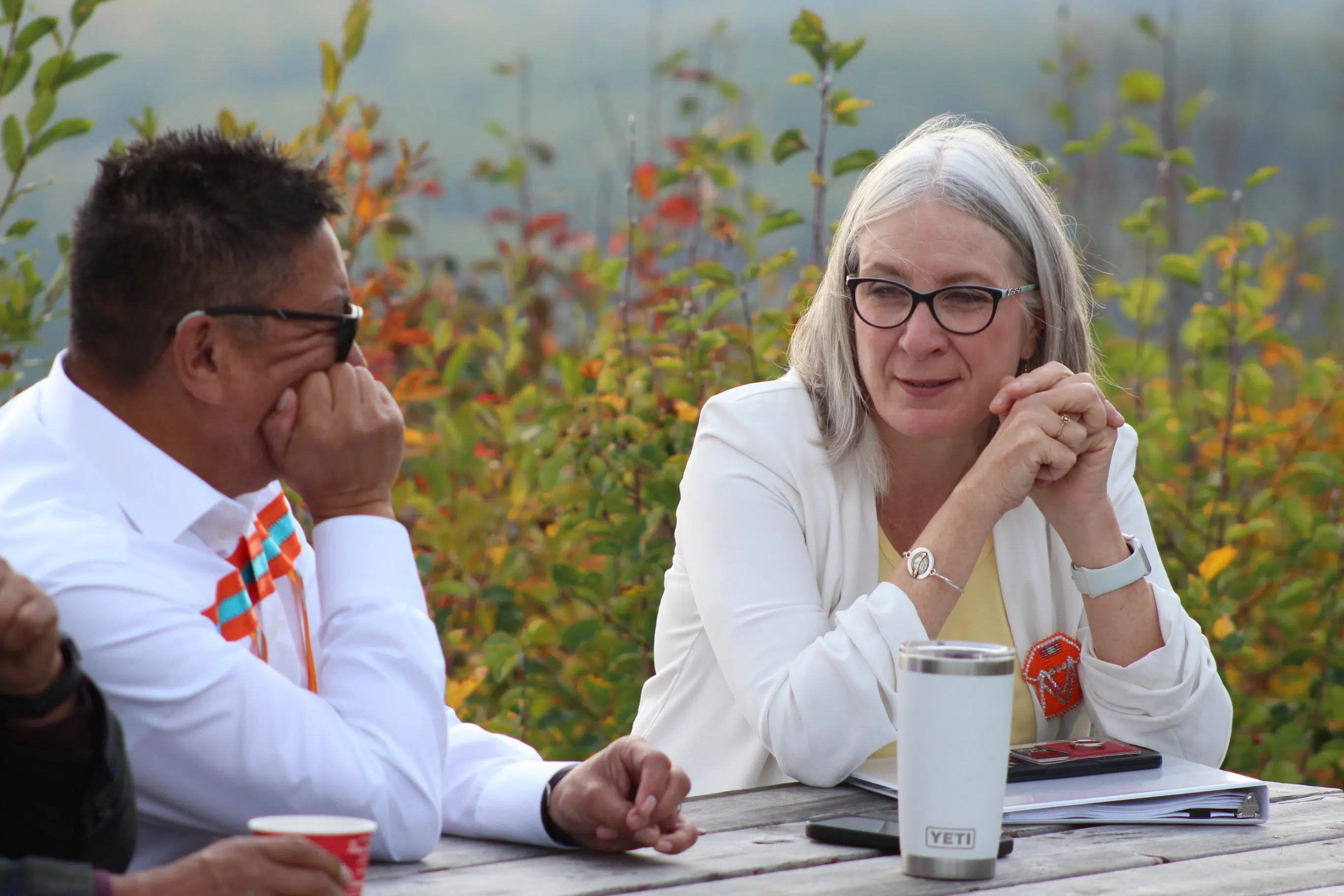WARNING: This story contains details of self harm and suicide.
A “perpetual state of crisis” is how the Nishnawbe Aski Nation has described the situation involving suicides by members from its communities, where over the past month, 13 people, including several youth, have ended their lives.
“We do not yet know the details, but we have every reason to believe these tragedies are part of an alarming trend of unexplained deaths, suicides and suicide attempts experiences by our communities in recent weeks.” wrote NAN Grand Chief Alvin Fiddler in a letter dated earlier this month and addressed to several federal and provincial ministers.
Fiddler’s letter included the organization being made aware of a disproportionately high number of suicides and suicide attempts in communities across the territory which is made up of 51 First Nations communities, many of which are remote.
“The alarming numbers have raised a growing fear of youth suicide pacts across NAN territory, which we have experienced before,” explains Fiddler, noting a 2017 crisis in Wapekeka First Nation, where two 12 year old children took their lives and triggered another 26, who were identified as high risk for suicide.
“The sheer magnitude of the need in our communities has overwhelmed our combined ability to respond and provide adequate supports.”
In his letter Fiddler stated there would be an emergency meeting in Ottawa to discuss the crisis and invited the addressed ministers, which is underway right now and includes Indigenous Services Minister Patty Hajdu.
She says there is not a one size fits all, government led solution, which would be colonial in nature, but is optimistic an Indigenous led and developed plan could be developed.
“I think there is some commonality in that there is a cultural connection to the land that many European treatment models just don’t understand, and so there is a number of different themes that come forward in these summits that are I think beneficial to not just First Nations people but to all of us.”
In addition to Hajdu, four other ministers, Gary Anandasangaree, Minister of Crown-Indigenous Relations, Mark Holland, Minister of Health, and Ya’ara Saks, Minister of Mental Health and Addictions, who also serves as the Associate Minister of Health will be able to speak directly with NAN’s leadership and health experts from the territory.
One of the strategies Hajdu believes will play an important role is education, which she hopes would give some hope for the future, noting an increase in funding in 2018 putting the federal contributions on par with what Ontario provides for education as well increasing the number of schools.
“In Kasabonika recently I was there and it was very exciting to see the creation of their secondary school, so now they have a high school in their community where students can now choose, if they wish, to go to school in their community.”
Hajdu adds this is a multi-layered challenge and thinks the solutions will be multi-layered at the same time, stressing the need to listen to the Nishnawbe Aski Nation.
When asked if any provincial ministers who were invited to attend would be, Hajdu confirmed none would be in attendance, calling it disappointing as the province plays a large role in the delivery of health care and by extension, mental health care.
If you or someone you know is struggling, here’s where to get help:
- Suicide Crisis Helpline: Call or text 988
- Kids Help Phone: 1-800-668-6868 (phone), live chat counselling available here.
- Canadian Association for Suicide Prevention: Find a 24-hour crisis centre.
- A guide from the Centre for Addiction and Mental Health which outlines how to talk about suicide with someone you’re worried about.




